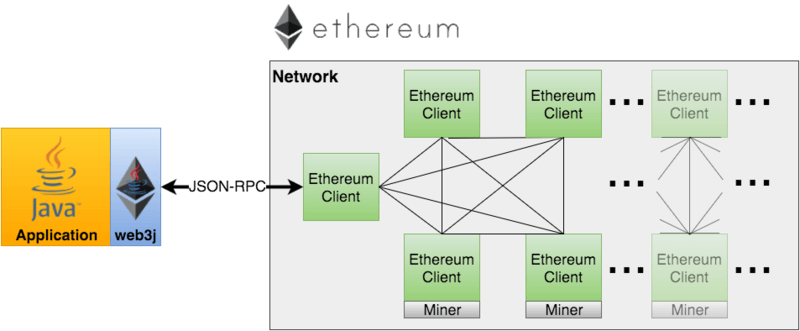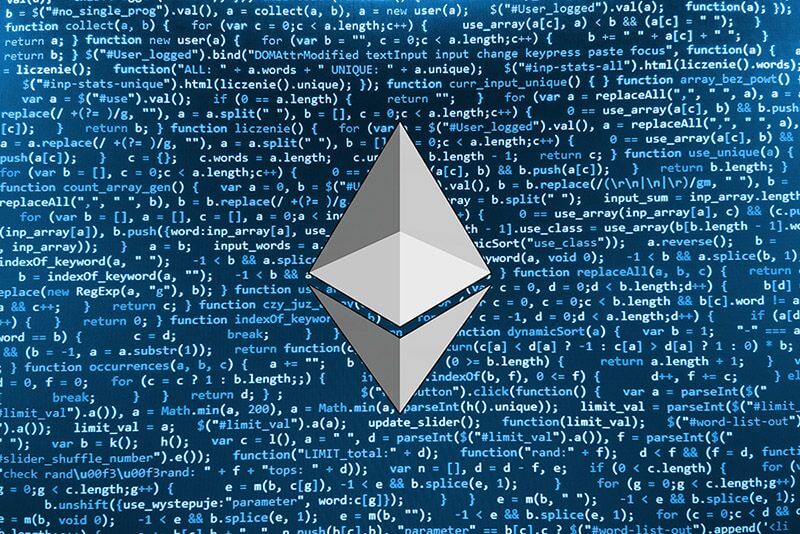
Ethereum has made major inroads into the world of business. Numerous applications (dApps) have been created on the Ethereum blockchain for members of the Ethereum Enterprise Alliance (EEA), but there remain certain hurdles for new enterprises which want to use the famous smart contract blockchain.
Ethereum is written in Solidity. Solidity is a programming language created in 2014 by Gavin Wood and a bunch of Ethereum core developers. It’s a simple and efficient programming language, compared to some conventional alternatives, but it remains largely unknown among mainstream industry programmers. This represents a major speed bump for Ethereum enterprise adoption. How can your business develop Ethereum smart contracts if you don’t employ any people who can code in Solidity?
“web3j” is a Java library for the Ethereum blockchain, allowing Java-experienced programmers to quickly integrate with the Solidity codebase. Numerous developer resources, plugins, and clients are also available. While developers without experience in Ethereum will still have a fair learning curve, each can benefit from a growing community of experienced professionals around the world who are now fluent in Ethereum by way of Java.

Why Do Businesses Want to Use Ethereum Smart Contracts?
One of Ethereum’s most innovative use cases is the way it can bring automation to existing, non-automated systems. Today’s enterprises have thousands of processes which must occur in order for worldwide industries to function. Many of these processes are manual, requiring daily human maintenance and oversight. But what would happen if these tasks could be taken over by computers?
This is the potential that Ethereum offers to businesses all around the world. Well understood processes which are today performed by humans using computers, can often be performed just as well by computers managing themselves. The Ethereum virtual machine offers incredible capabilities for “eliminating the middleman”, thereby creating faster, most efficient, and cheaper routine processes.
These processes may be related to supply chain management, corporate governance, identity management, security, asset transfers, and much more. We’re already accustomed to automation replacing human jobs in manual labour (factory settings, etc.), but these digital tasks are just as ripe for disruption, speeding up processes and freeing capital.
This is a very important step for Ethereum if it is to remain the #1 smart contract platform for corporate development, having lost some market share to programming language-agnostic competitors like the NEO blockchain. If the Java integration proves to be a hit among conventional corporate developers, it’s only a matter of time before other common languages becomes acceptable, using the variety of dev tools on evidence in this Java campaign. It’s encouraging to see Ethereum continue to advance, even in this terrible market environment. There may be good reasons to buy Ethereum, even before the bulls return.
Featured image source: Flickr

